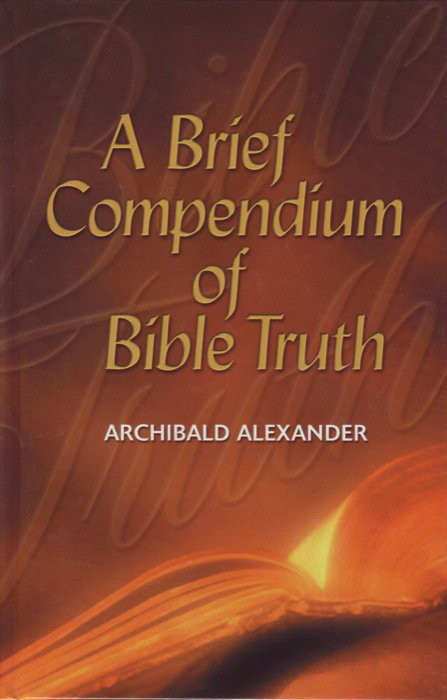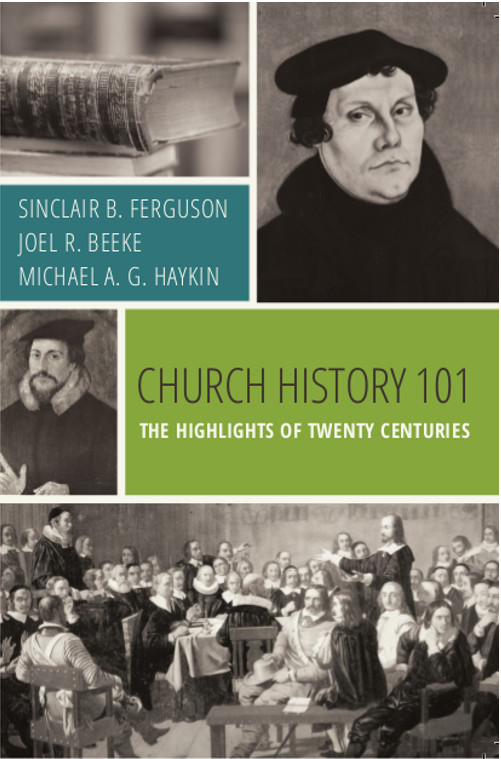I was involved in leading two church building projects in the two churches I pastored in Scotland. I never thought that I’d be doing that again when I moved to the USA. Yet, here I am, pastoring a congregation in Grand Rapids that is beginning the process of deciding whether to build a new church or remodel our existing building. Hence, at our elders’ and deacons’ meeting this week, I made a presentation on the primary purposes of a church building and the considerations to bear in mind when deciding whether to remodel or build anew. I thought I’d post a summary of that report here with the hope of getting feedback from others who have gone through this process. Have I missed anything? Anything I should change, add, etc?
PRIMARY PURPOSES
Any church building (new or remodel) must provide for the following.
Worship: The most important area of a church building is the worship area or sanctuary.
Education: Classrooms are required for Sunday school classes for all ages, youth group, Bible studies, prayer groups, library.
Evangelism: Resource room, place for informal Bible studies.
Counseling: Private room for pastoral counseling.
Community: Spaces to greet, fellowship, welcome desk, provide refreshments, hospitality.
Administration: Office space for secretary, files, supplies, deacons.
MAIN CONSIDERATIONS
When deciding on how these aims should be accomplished in any remodel or new church building, the following factors should be considered:
Mission: What does the church see as its main mission? Is it to be primarily (1) an outreach church or (2) a church that teaches and builds up God’s people? If it is aiming to be both, what proportion or priority is to be given to each?
Leadership: Does the church have the leadership to facilitate the size of the project being envisaged?
Unity: Is the leadership united in the project and are the leaders united with members?
Size: How many people is the building for? Now and in the future? Is the parking lot big enough and close enough to the building?
Style: Will the church have a traditional (churchy) style or will it be more modern (seeker-friendly)? Previous answers will help to answer this question.
Comfort: To be blunt, pews or padded seats?
Technology: Will services be streamed or recorded in audio and/or video? What rooms will have TV/Internet/video? Will there be psalters/hymnals or projection of songs?
Accessibility: What provision will be made for those with special physical, mental, or hearing needs?
Location: Is the church in the right place? Could it be in a better place? How many locations should there be? If the church is thinking about expanding its facility, would it be better to plant another church instead?
Safety: Stewarding of the parking lot and inside areas to keep children safe.
Security: Is there a security plan and are there security provisions such as cameras, alarms, etc?
Witness: What does the church building say about the church? What message does the outside convey to passers-by and what impression does it give to any visitors?
Future: Is this the best use of money for the next generation. Will those still worshipping here in fifty years time look back and say, “Why did they take on so much debt?” or “Why didn’t they invest in a building for future generations?”
Cost: The bottom line. How much will a new building cost compared to various remodel options? How much will maintenance be on each option? Do we have the donor base to fund this without asking for huge loans?
Prayer: Cover every purpose and consideration with prayer, asking the builder of his church, “Lord what will you have us to do?”











